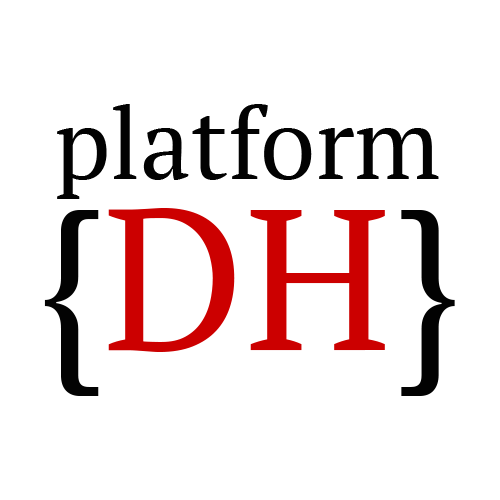
- This event has passed.
Lecture Series: Julian Schröter
The challenges of investigating loosely structured genres and of operationalizing semantic content
Literary studies are often dealing with genres that are well established in literary discourse but can, on closer inspection, not be identified on the level of textual features. In other words, there are loosely structured genres that are not instantiated as clear-cut text types. The German novella, which is split up into two genres, that of the ‚Erzählung‘ and that of the ‚Novelle‘, is such a disordered genre. Research in literary genres, however, usually presumes the existence of a common text type on the level of textual features that can be revealed, for example, with stylometric analysis or based on classification tasks.
It is the aim of a larger project to reveal the latent structures of German novellas. The presentation gives a systematic outline of the challenge of analyzing the historical change of the novella as a loosely structured genre. Two central and methodologically different steps will be presented and discussed. Firstly, a socio-historical model is introduced that allows explaining common assumptions on the existence of genres not on the level of textual features but the level of communication about literature in historical cultures. This model does not limit itself to assigning a genre to textual features as a binary link, as it is common to computational genre stylistics, but rather starts from a triadic and recursive structure that links genre as a historically contingent assignment practice with textual features and with factors of socio-historical context. Secondly, there is the problem of operationalizing appropriate textual features. It is common practice to use word type frequencies (or more abstract features such as part of speech tags or n-grams). Traditional genre theory could object that this bag-of-words model is not able to represent complex genre features that were codified in traditional novella poetics, such as turning point (peripeteia), closure, or leitmotiv structure. Hence, promising strategies based on advanced combinations of topic modeling and word embedding for operationalizing features that represent semantic content are discussed with a focus on empirical validation.
Julian Schröter
Julian Schröter is a Walter Benjamin-Fellow from March 2022 through February 2023 in Antwerp, Montreal, and Illinois, where he is working on a history of the German novella based on quantitative and qualitative methods. He was the deputy of the professorship for Digital Humanities at the University of Trier in the summer semester of 2020, where he was also the coordinator for the project »Zeta and Company« from June to September 2020. He is currently a research fellow at the chair for digital humanities and German literature at the University of Würzburg and a member of the editorial board of the Journal of Literary Theory. His doctoral thesis on literary self-fashioning was published in 2018. Julian studied Philosophy and German Literature inWürzburg. His focus in research lies on interpretation theories, the methodological and epistemological foundation of Computational Literary Studies, and on German 19th century as well as on contemporary prose fiction.
The lecture is free and open to all. Please register by sending a mail to platformdh@uantwerpen.be.
